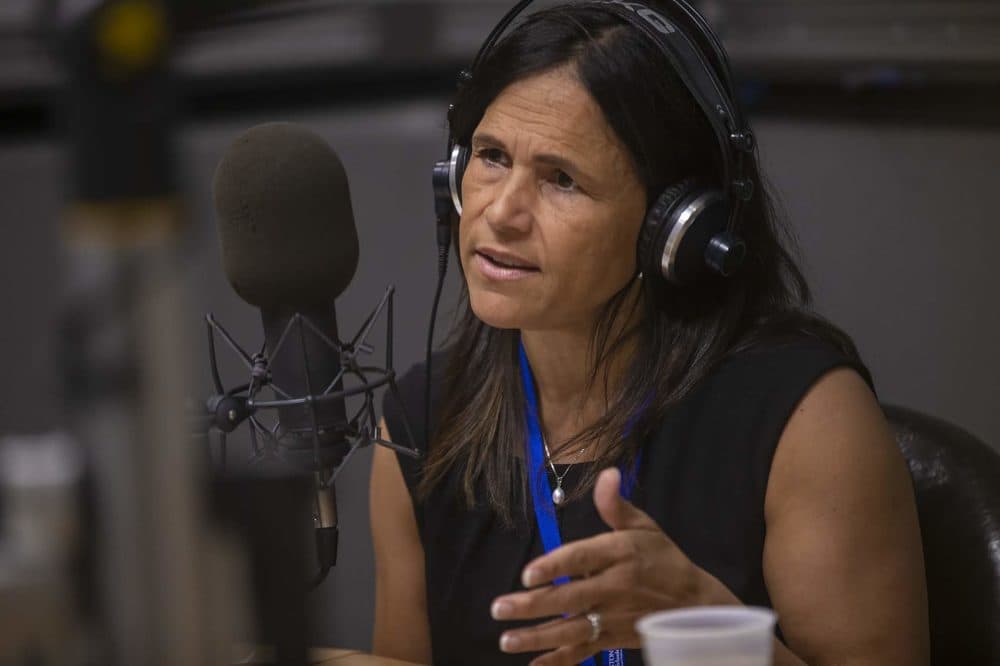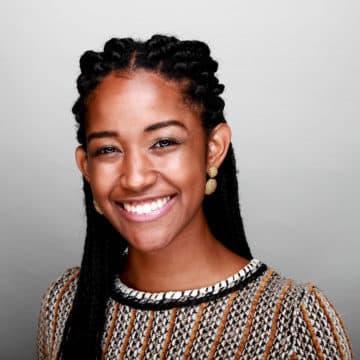Advertisement
BPS Superintendent Brenda Cassellius On School Closings, Coronavirus Response
Resume
With Boston Public Schools closing for six weeks starting Tuesday, we check in with Superintendent Brenda Cassellius on the school system's response to the coronavirus.
Below are some highlights from the interview:
On what the city is doing to support students with varied home situations
"Our biggest concern was not only [feeding students who rely on school for food], but the safety of our children as well, especially our students who are our most vulnerable, that being: our undocumented students and making sure that they're safe and they know how to access services in a safe way; making sure that our students who are on respirators and have medical complexities, making sure that they have their assisted learning devices at home and that they have the care that they need at home. So we'll be calling each of those families to ensure that we come up with plans for them that are realistic ... that we can still try to help them with, as well as connecting them to other services that we can't provide for the family. So those are really significant concerns. And then for students who are homeless, we've been working and coordinating with the city and their services around housing. I was happy to see that there was a 90-day suspension of evictions. I think that's critical for the stabilization of our families, especially as we have some of these restrictions for children to be safe and stabilized in-home."
On how to ensure equity in distributing remote learning materials to students
"We just have such a generous community and [Mayor Walsh] has made this a significant priority of his, that learning does continue. Obviously, it will not be the same as being in the classroom with the teacher, but we do want to provide for that gap that we think could happen [and] to fill that gap with supplemental materials. So what we've done is provided printed materials at home for parents. There are descriptions on our website. Teachers will be going online next week to connect with their students through their Google digital backpacks that they already have been doing. Each school has a little bit different plan, given different schools have autonomies and different plans already, so we want to make sure that every child has both printed materials available to them as well as Chromebooks when they come in. Some schools have given out their Chromebooks already, and those who do not yet have them have printed materials. And also... [parents will] get both text and robocall to make an appointment to get issued their new Chromebook."
On addressing students with special needs
"We know that any time children are away from these really significant supports, it can impact both their social-emotional well-being in terms of isolation from their peers. This is especially true for our students with autism. We want to make sure that we're able to work with our students who have dyslexia, make sure that they have the kind of learning supports with the literacy materials that they get. And we know that there is the risk that they may lose some of some of their gains, and we want to be sure as much as we possibly can that we are connecting with them. So our special ed teachers as well as some of our professional special ed staff here at central office are going to be trying to do weekly touch-ins with families to see that they have the services and the materials that they need to prevent as much loss as we possibly can."
On addressing students' and teachers' well-being while social distancing
"We want to hug our children every single day, especially when we know that they're afraid or that they are hurt and they just need to have a hug. And so this six feet kind of social distancing is very challenging. I've actually realized my own self how very difficult it is because I'm a hugger and I like to handshake people all the time. So it's been it's been very challenging, and I'm sure it's very, very stressful for children. So the more that parents can talk to students and children about this very honestly and in a real way, and then listen to them and let them express their feelings about it and honor their feelings, no matter where they're at — whether they're angry about it, whether they don't understand it or whether they think it's not a big deal. I think that it's important that we not correct the feelings that they have, let them feel those feelings and then help them work through it and understand the crisis that we are going through."
This article was originally published on March 17, 2020.
This segment aired on March 17, 2020.

